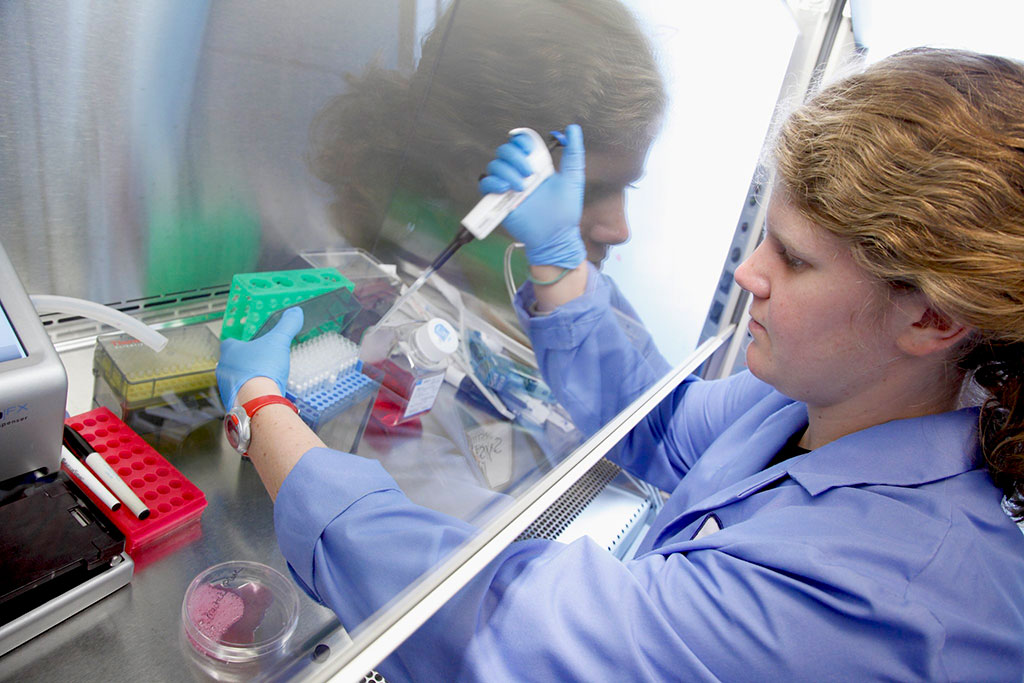Next-Generation Diagnostic Test Predicts Drug Responses to Enable More Precise Cancer Therapy
Posted on 11 Apr 2023
Personalized medicine recognizes that each cancer is unique, requiring an individualized approach to treatment. The goal is to identify the vulnerabilities of a specific cancer and match the patient with the most effective and least toxic therapies available. Scientists can now determine the most effective drugs or drug combinations for an individual's cancer from a single tumor sample. A next-generation diagnostic test predicts drug responses by integrating cancer genomics knowledge with drug sensitivity testing of patient-derived live cells, combined with robotics and proprietary algorithms.
SEngine Precision Medicine Inc.’s (Seattle, WA, USA) groundbreaking PARIS Test uses tissue from any solid tumor—including colon, breast, lung, ovarian, and pancreatic cancers—to generate actionable reports highlighting drug sensitivity for each patient's unique disease. The PARIS Test involves 3D organoids grown from patients' tumor cells in a lab and testing them against a library of over 240 small molecule drugs. Cancer-derived cells grown in 3D outside the body maintain the original tumor's functionality and genomic characteristics. The results reveal the most effective treatment options that DNA sequencing alone cannot uncover.

SEngine’s unique approach combines functional drug testing results with extensive DNA sequencing and advanced bioinformatics to prioritize therapies matching patients' individual genomic profiles. The test also identifies chemotherapies unlikely to be effective, saving patients’ time, money, and unnecessary side effects. Importantly, the test assists oncologists in determining the best treatment strategy or clinical trial for each patient. The outcome is a comprehensive analysis and in-depth understanding of an individual's cancer, accompanied by an SPM Score and a proposed action plan to help oncologists and medical teams develop a personalized treatment strategy. For cancers with unclear treatment paths, such as many metastatic and recurrent cancers, the PARIS Test provides vital information to help physicians match the right drug to the right patient.
“As the only high-throughput test of its kind, the PARIS Test represents a new hope for a growing number of patients with cancer and their care teams as they seek a personalized course of treatment. It’s the first step towards fulfilling our commitment to better, more precise cancer therapy,” said SEngine CEO and co-founder Dr. Carla Grandori.
Related Links:
SEngine Precision Medicine













